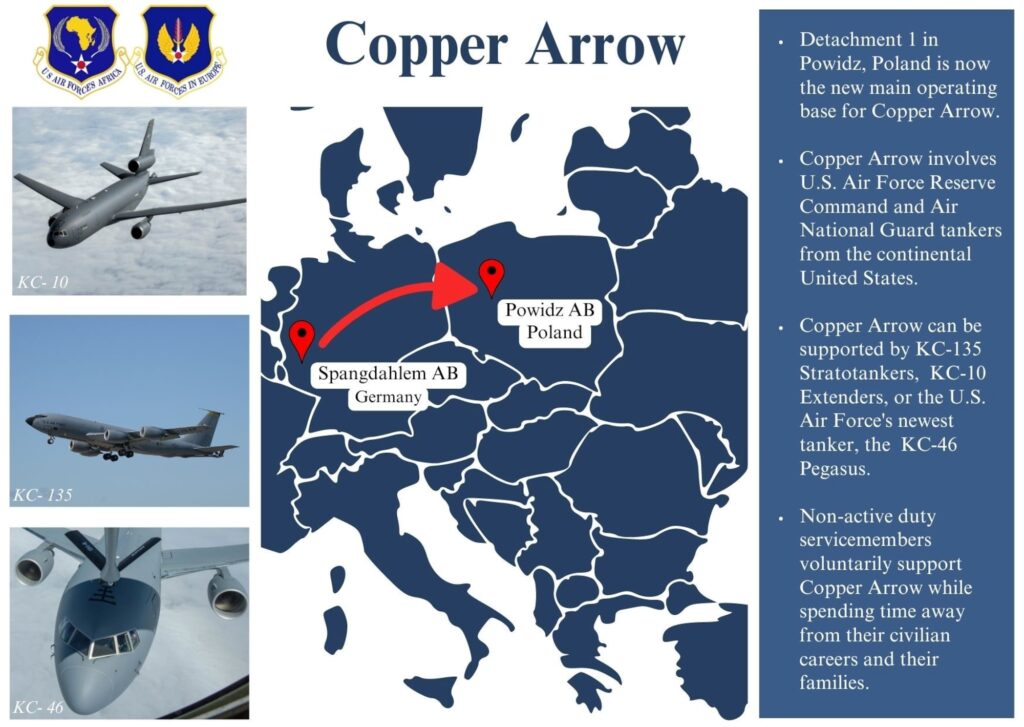NATO, the North Atlantic Treaty Organization, is an intergovernmental military alliance formed in 1949. It consists of 30 member countries and is based on the principle of collective defense. This means that an attack on one member country is considered an attack on all member countries. The concept of collective defense emerged during the Cold War to address the security threats faced by Western democracies. NATO member countries face common security challenges such as terrorism and cyber attacks, and through collective expertise and joint military capabilities, they can effectively address these threats. NATO continuously works to strengthen security partnerships through interoperability, collective defense spending, and partnerships with other international organizations. Its efforts aim to build a safer world and maintain international security.
NATO and Collective Defense: Strengthening Security Partnerships
Introduction
NATO, which stands for the North Atlantic Treaty Organization, is an intergovernmental military alliance formed in 1949. The alliance consists of 30 member countries, primarily located in North America and Europe, and is rooted in the principle of collective defense.
The Concept of Collective Defense
Collective defense is the core principle that underpins NATO’s existence. It asserts that an attack on one member country is considered an attack on all member countries. This concept emerged in response to the heightened security threats faced by Western democracies during the early years of the Cold War.
Article 5: The Foundation of Collective Defense
Article 5 of the NATO treaty states that an armed attack against one or more member countries shall be considered an attack against them all. This provision has been invoked only once in NATO’s history, following the September 11 terrorist attacks in the United States.
Shared Security Challenges
NATO member countries face a wide range of common security challenges, including terrorism, cyber attacks, and regional conflicts. By being part of this alliance, member countries can draw on collective expertise, intelligence sharing, and joint military capabilities to address these threats effectively.
Strengthening Security Partnerships
NATO continuously works towards strengthening security partnerships among its member countries, as well as with other international organizations and non-member states. This collaborative approach aims to enhance mutual defense capabilities and build a safer world.
Interoperability
Interoperability is a key aspect of NATO’s effort to strengthen security partnerships. It refers to the ability of different member countries’ armed forces to operate together effectively and smoothly in joint operations. This is achieved through regular joint training exercises, standardization of equipment and procedures, and the development of common communication systems.
Collective Defense Spending
Another important aspect of strengthening security partnerships is the commitment of member countries to invest in defense. NATO member countries have set a guideline for defense spending, requiring each member to allocate at least 2% of their GDP to defense expenditure. This commitment ensures that all member countries contribute their fair share to the alliance’s collective security.
Partnerships with Other Organizations
NATO also seeks to build partnerships with other international organizations, such as the United Nations and the European Union. These partnerships aim to promote coordination and cooperation in addressing global security challenges, such as peacekeeping operations and humanitarian interventions.
Conclusion
NATO’s collective defense principle has been instrumental in maintaining peace and security among its member countries for over seven decades. Through its efforts to strengthen security partnerships, NATO continues to adapt to evolving security challenges and effectively address them as a unified force. By enhancing interoperability, investing in defense, and building partnerships with other organizations, NATO remains a vital cornerstone of international security.
